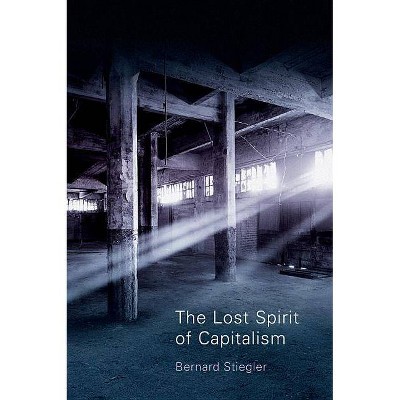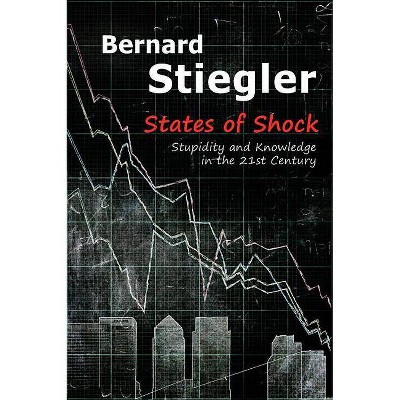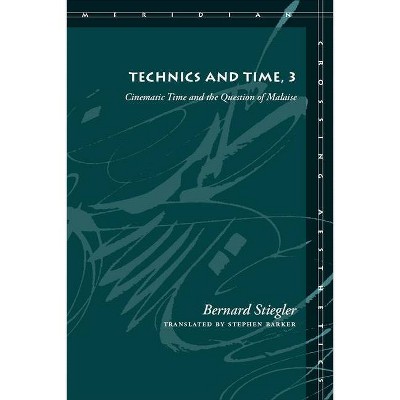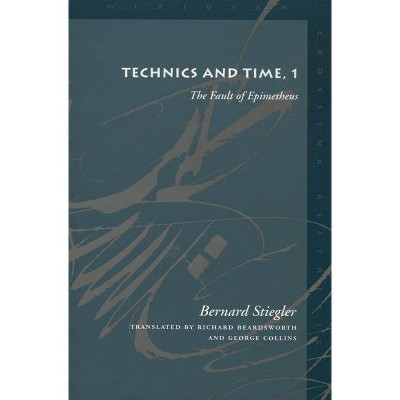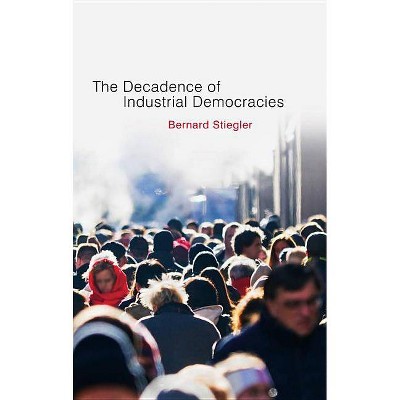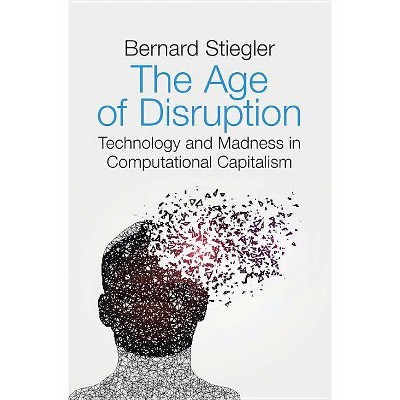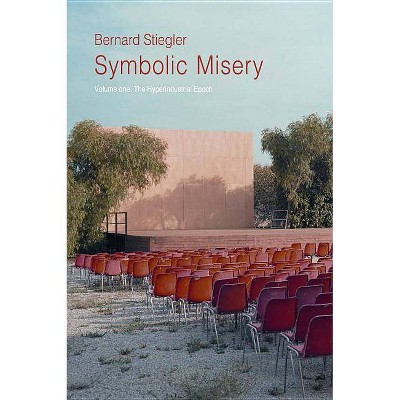Uncontrollable Societies of Disaffected Individuals - (Disbelief and Discredit) by Bernard Stiegler (Hardcover)
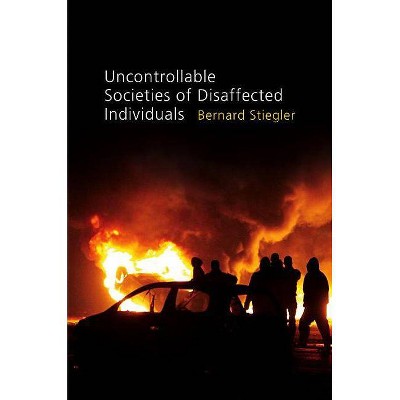
Similar Products
Products of same category from the store
AllProduct info
<p/><br></br><p><b> About the Book </b></p></br></br>Max Weber argued that the development of capitalism would lead to the progressive rationalization and disenchantment of society: today this process is reaching its endpoint and capitalism is collapsing into a disturbing kind of irrationality. It engenders spiritual misery -- a paralysis of the function of the human mind or spirit -- where reason disappears as a motive of hope, a "kingdom of ends" in Kants sense. Absolute disenchantment afflicts all those who no longer have anything to expect from the development of hyper-industrial society. Those who are desperate become "desperados," and they are becoming more and more numerous. No longer having anything to expect means, at the same time, no longer having anything to fear. And the proliferating repressive mechanisms that are supposed to cope with the effects of this loss of authority turn out to be less and less effective. For such measures engender more and more the opposite of that for which they were intended, but in extreme and totally irrational, unpredictable forms.-- Back cover.<p/><br></br><p><b> Book Synopsis </b></p></br></br>Max Weber argued that the development of capitalism would lead to the progressive rationalization and disenchantment of society: today this process is reaching its endpoint and capitalism is collapsing into a disturbing kind of irrationality. It engenders spiritual misery - a paralysis of the function of the human mind or spirit - where reason disappears as a motive of hope, a 'kingdom of ends' in Kant's sense. Absolute disenchantment afflicts all those who no longer have anything to expect from the development of hyper-industrial society. Those who are desperate become 'desperados', and they are becoming more and more numerous. No longer having anything to expect means, at the same time, no longer having anything to fear. And the proliferating repressive mechanisms that are supposed to cope with the effects of this loss of authority turn out to be less and less effective. For such measures engender more and more the opposite of that for which they were intended, but in extreme and totally irrational, unpredictable forms. This is where we are today: the technical system of the hyper-industrial epoch can maintain its power only so long as it is backed up by blind trust, but this trust is undermined by the destructive irrationality stemming from the liquidation of the kingdom of ends. From the moment this trust is lost, hyper-power is inverted into hyper-vulnerability and impotence. The loss of motives of hope then expands, encompassing all of us like a contagious illness. But this 'all' is no longer a 'we' it is a panic.<p/><br></br><p><b> Review Quotes </b></p></br></br><br>Stiegler is, as usual, several steps ahead of everyone else. In this book he dives into the Dantesque zones of today's hyper-industrial last man to propose the spaces where futures might be re-articulated. Where others recycle past masters or promote an unconvincing mantra of a 'new politics', Stiegler does battle in the twilight zones of a terrestrial civilization entering its afterlife. He is the discrete heir of Nietzsche, Sartre and Derrida today - precisely by his distance from each. <br /> <b>Tom Cohen, State University of New York at Albany</b><br><p/><br></br><p><b> About the Author </b></p></br></br><b>Bernard Stiegler</b> is director of cultural development at the Centre Georges Pompidou in Paris.
Price History
Price Archive shows prices from various stores, lets you see history and find the cheapest. There is no actual sale on the website. For all support, inquiry and suggestion messages communication@pricearchive.us

